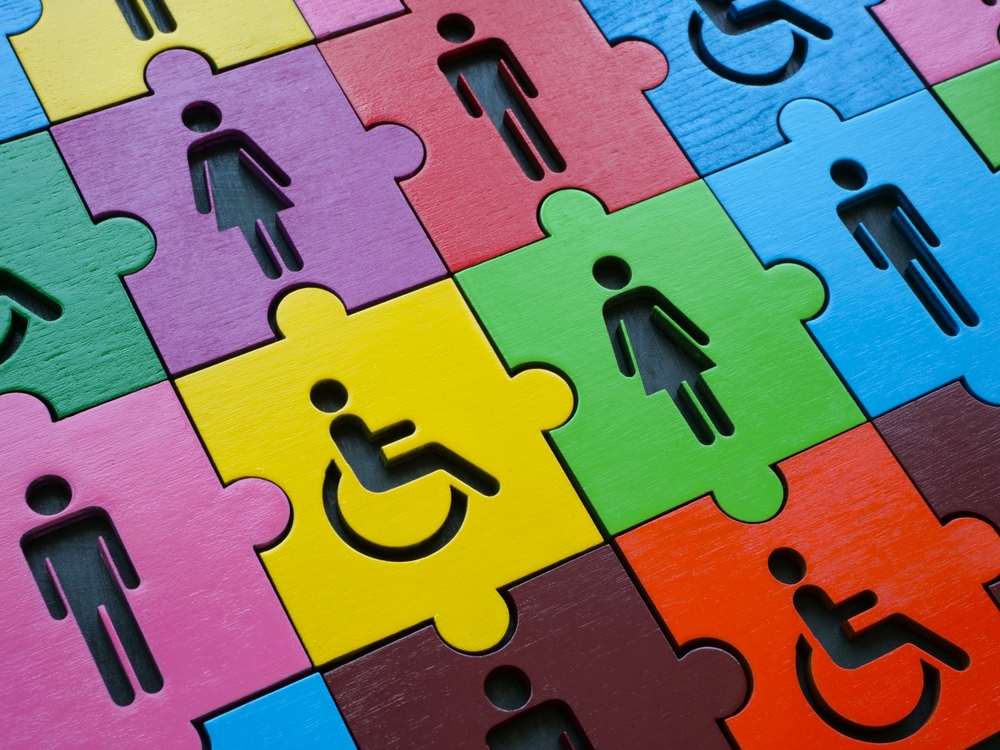Do you trust your team?
Remember a moment when you were working in a team and could express yourself comfortably, without boundaries, assumptions or, fear? Were you able to express your best ideas? Did you feel like creativity was bursting through your body and mind? That could be a momentum of psychological safety built in a team.
According to Google research, which focused on answering this significant question: “What makes a team effective at Google?”, psychological safety is a key factor to build the most effective teams.
“In a team with high psychological safety, teammates feel safe to take risks around their team members. They feel confident that no one on the team will embarrass or punish anyone else for admitting a mistake, asking a question, or offering a new idea.“ [i]
On the list of key factors to create psychological safety trust appears as first. No-one truly feels comfortable and works at their best without team trust.
In a team, you cannot be a solo hero. Imagine a team full of exquisite people, experts, who have so much knowledge and valuable experience. Everyone is working hard, looking for the best solutions. Still, no matter how smart your team members are, if there is no exchange of information, no real communication and cooperation, you will get nowhere. Inevitably it will lead to misunderstanding, conflicts, all in all, inefficiency, and stress for everyone.
The question is, how do you motivate people to communicate? How can you create a trusted environment, where the team can share ideas, experience, opinion, even mistakes, without fear that it would be mistreated?
One of the crucial things that creates team trust is dialogue. Something that is often underestimated or misunderstood. If I want to convince you how significant role dialogue plays in building team trust, we should first check on what it means. I’m going to use the definition from Bohn: “Dialogue is really aimed at going into the whole thought process and changing the way the thought process occurs collectively.“[ii]
When we think about the word dialogue, I do not mean two people talking. It’s not as simple as that. Try to recall your last conversation. How often did you already know what to say next before the other person finished talking? How many questions did you ask about what was said? Were you interested in the story?
Dialogue happens in a collective process. The more attention we pay to one another, the more collaborative dialogue occurs. It’s a practice that can be developed by all of us regardless of our role in organisations.
Five simple steps to effective dialogue and team trust
The first step is to listen.
It is seen as a given skill, but it is often ineffective and has a discriminative form, where we only hear, but we do not really understand nor analyse the message. Fortunately listening is a skill that can be nurtured and developed. Listening means paying attention to what the other person is saying and responding to that precisely.
Showing empathy to try to understand the other’s position.
To check if you are empathetic, try changing perspective by speaking in another person’s name. Or reframe. You will give yourself a chance to see if you understand one another and how it feels to be in somebody´s shoes.
Ask open questions, What, How, When.
This will help the other person to see your interest and lead him to self-reflection. Which also motivates to develop further into the dialogue. Even feedback should include questions to create a positive impact on your team members.
Do not be afraid to say “I do not know”.
You might believe, the higher position you hold in the company, the bigger pressure to know it all. Your role as a leader is to use the collective knowledge and the skills of your team to navigate into the right direction. Trust in your team.
Remember, sometimes it is better to say Yes than No.
Keeping an open mind can provide innovative ideas and solutions for your company.
In essence, when I speak I just repeat what I already know, when I ask questions and listen, I learn and give my team a chance to grow together. I learn to understand their positions and perspectives and trust happens.
Practice communication with this activity
Here is one easy activity that could give your team a chance to practice communication.
Prepare paper and a pen for each participant and a simple geometric picture. Sit back-to-back or switch off cameras if you work remotely. Choose one person to be the speaker, ask them to look at the picture and give instructions on what the others draw. Once everyone is finished, compare the drawings to see if you all understood the instructions the same way. Reflect on everyone’s experience. It could be a great opportunity to start to realize the importance of listening and prepare for real dialogue.
Joe Hirsh (2017). The feedback fix. Rowman & Littlefield Publishers
Ryszard Praszkier, (2018). Empowering Leadership of Tomorrow. Cambridge University Press
David Bohm, (2013). On Dialogue . Routlage; Reprint Edition
[i] https://rework.withgoogle.com/print/guides/5721312655835136/
[ii] David Bohm, (2013). On Dialogue . Routlage; Reprint Edition, p. 10





